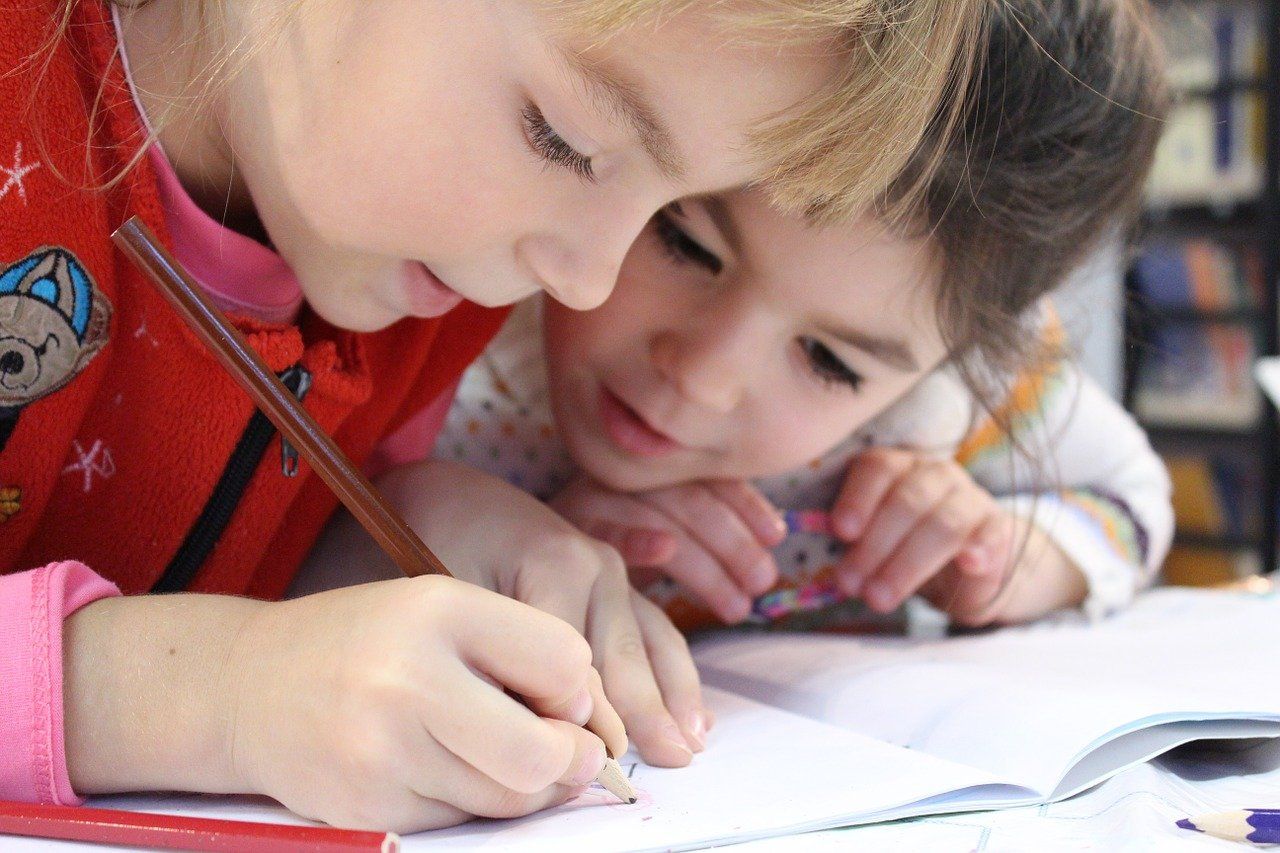Talk of a Danish general election is in the air. Everyone is waiting for PM Mette Frederiksen to declare a date so the ‘real campaigning’ can begin and voters can start making decisions about what they want from the country’s future.
But instead, like everywhere else when elections are almost due, we’re caught up in a state of pre-election indirect campaigning limbo: and just like foreplay, with a climax guaranteed at the end, this will go on for as long as the woman in charge says it will.
In need of fixing … again
The hot potato of this election’s indirect campaigning is the state of affairs at the country’s schools and educational institutions.
Young Danish children spend a huge amount of time at school. Once conventional classes stop in the early afternoon, most head to an institution connected to the school, where they often stay until five in the evening, up to their elbows in paper mache or playing indoor sport.
After all, Denmark has one of the highest frequencies of working women, so the schools are required to care for the children until the age of ten at their SFO after-school facilities. For tweens and young teens, the responsibility switches to the clubs, where pupils can stay long after school hours until they either go home or are picked up by their parents.
But SF, the socialist people’s party, has already made it their slogan that it wants to repair the damaged school system, where the working conditions for children are not optimal and they are unable to thrive socially.
Slipping through the net
The Danish schools require monetary assistance, and that has been a subject of political debate lately. MPs on both sides of the spectrum ask why the schools aren’t thriving in light of the political will to invest a huge share of the public purse – 7.8 percent of the GDP, compared to just between 4.2 and 5.4 percent in the likes of Italy, France, Spain and Germany – and willingness to constantly reform … even though the changes often end up disrupting progress.
Large numbers of pupils, for example, continue to slip through the net, leaving school at the end of the ninth grade, just 16 and with no qualifications. Predominantly, they are boys who struggled with sitting quietly and learning to read and write to a high standard.
Meanwhile, thousands of new jobs that require academic skills are going to people from abroad. Many Danes simply don’t have the know-how to undertake research-oriented, often lucrative jobs, which require several years of academic discipline – especially in the field of life sciences.
Understandable exodus
Improving discipline could be the answer. There is simply too much noise in the classrooms, making it almost impossible for most pupils to concentrate.
State education is witnessing a steady exodus of children from the public schools to private/international alternatives where the class sizes are far smaller and facilities much better. They get the same subsidies, after all, but then just add more funding to offer an improved service. At the majority of the international schools, the fees are among the cheapest in the whole of Europe, which is borderline bizarre when you consider Denmark’s overall cost of living.
The left-wing parties want to change this and are therefore fighting the election on making the nation’s public schools viable, reliable establishments where discipline has been restored and investment better placed.
The opposition parties, meanwhile, want to privatise wherever they can, and this could mean more schools charging fees.


